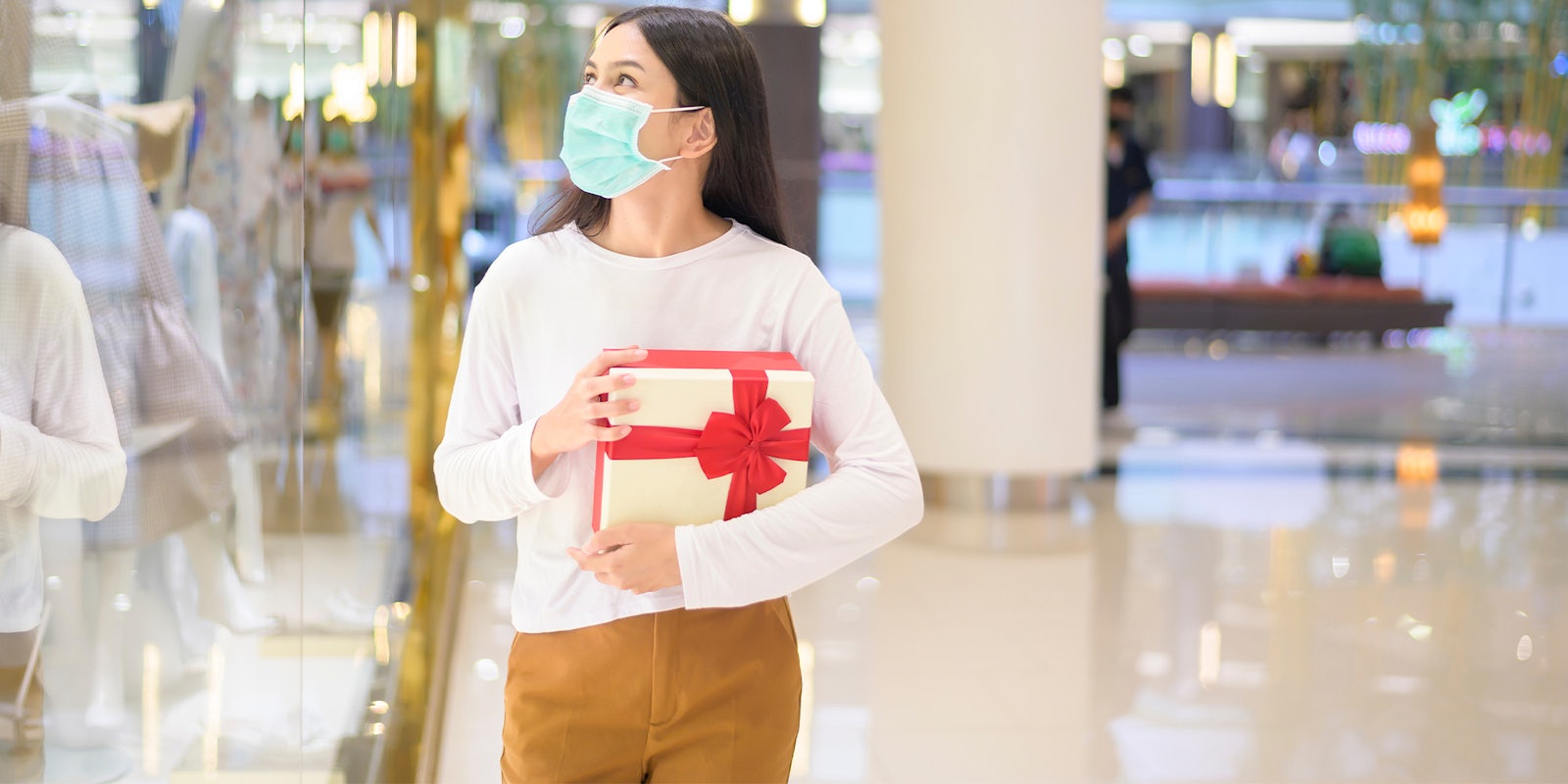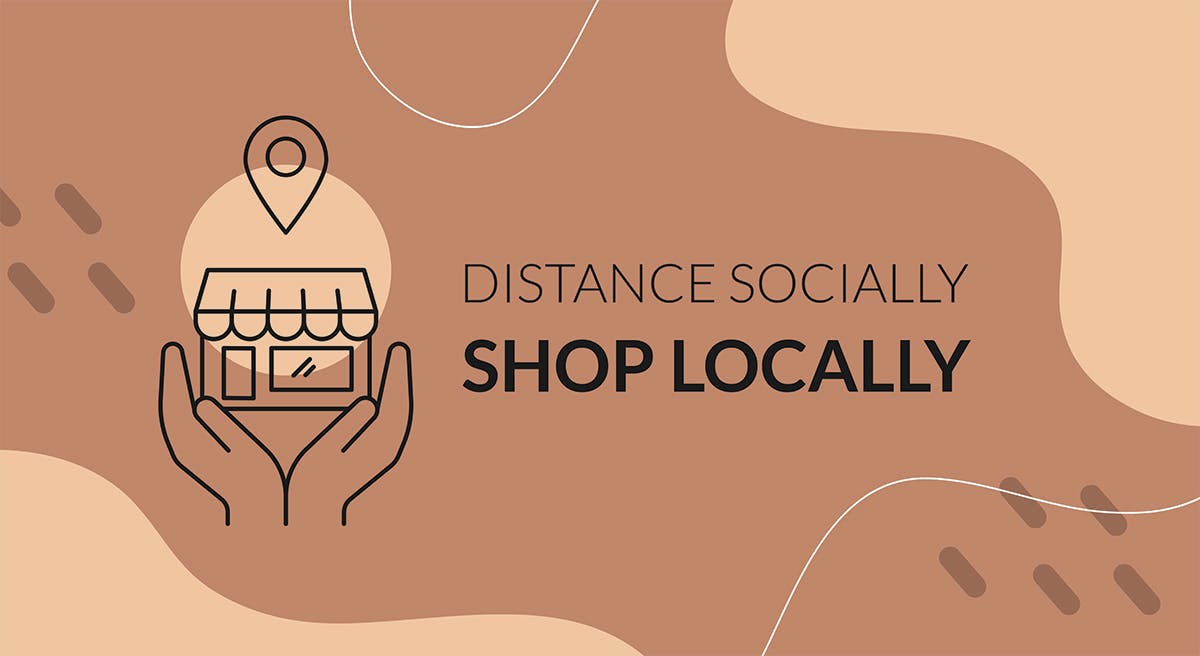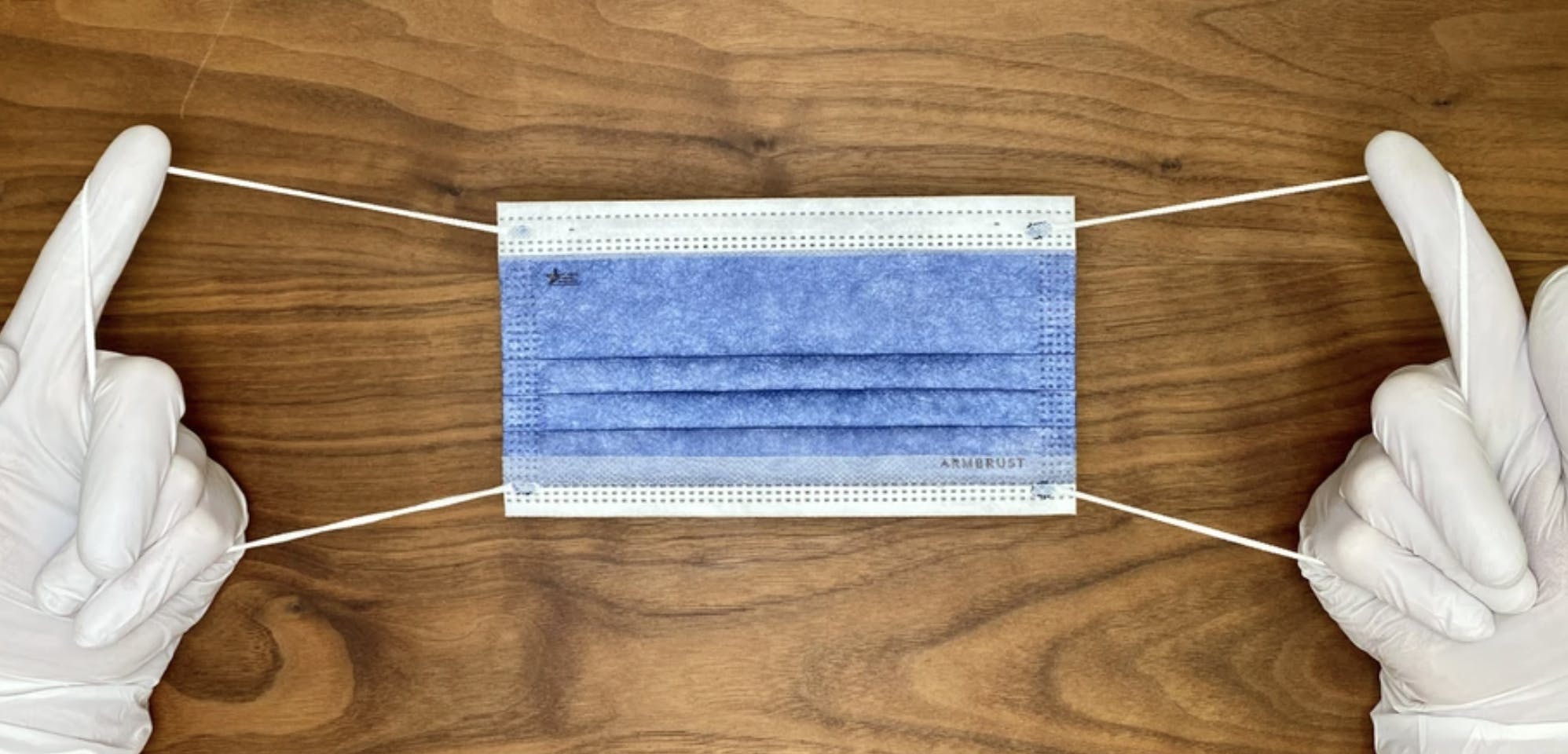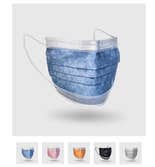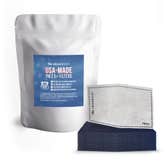Holiday shopping during a pandemic is unprecedented. But, I suppose there is a first for everything. So while we may not be able to gather with all of our loved ones, there’s not much standing in the way of sending them a little something.
While a completely isolated shopping experience is a bit far-fetched, precautions are possible and necessary. It doesn’t matter if you’re planning on shopping for Christmas gifts, Hanukkah decorations, supplies to craft a meaningful Kwanzaa commemoration, or offerings for the Winter Solstice. Coronavirus has proven it doesn’t discriminate, so it’s on you to enforce proper safety provisions.
This begs the question, how the heck are we supposed to get our holiday shopping done safely? Well, reader, I have a pretty good idea.

Safe holiday shopping tips
As somewhat of a disclaimer, by no means is this list foolproof. There is still risk involved in any activity outside of staying home. These suggestions are merely ways to minimize your risk.
Get a head start early
The sooner you shop, the better. The longer you wait, the more crowds you’ll run into (and contribute to), which is the antithesis of being cautious. Like the spread of COVID-19, we need people to shop in waves. Speaking of waves, it’s also helpful to check Google on any business you are considering a visit to and see when their slowest hours are. This will typically be early morning or late night right before it closes. The less people you come into contact with, the better.
Shop local and support small businesses
Local and state officials have been pleading with people to stay home and only travel locally if they need to go out for supplies. Christmas shopping is no exception. This is because your chances of spreading the virus increase the further you travel from home. It’s the same concept as “quarantine pods,” just on a much larger level. So instead of going two towns over for that one store you really like, opt for a small business that’s in your neighborhood.
Practicing this won’t only help stop the spread, but it will also funnel revenue into your local economy, a tactic that has been largely ignored and overlooked by the federal government. Unfortunately, small businesses aren’t offered the same aid that large corporations receive despite having access to only a fraction of the finances. This holiday season will prove crucial in making or breaking independently-owned businesses. So if you have the means, please do your part in saving your local economy. Your neighbors will thank you, and your gifts are likely to be more meaningful than the ones you’d be inclined to purchase at a major retailer.
Wear a mask
I’ve said it before and I’ll say it again: wear the mask and please dispose of it correctly. Even if you’re just doing curbside pickup, you need to wear a mask. And not just any mask, either. Masks on Amazon aren’t to be trusted, and different types of masks offer different levels of protection. Your best bet for safe shopping is to wear an FDA-registered surgical mask. Why? Medical masks are regulated to prove they meet the minimum filtration rate of 98%. That is enough to block .1 micron COVID particles.
Currently, Armbrust USA is the only company that sells FDA-registered surgical masks directly to the public. Prospective customers can purchase face masks in bulk (or a smaller volume of them) directly through the Armbrust site. So before you start your holiday shopping, make sure you’ve got enough surgical masks on deck to get you through it. First-time buyers can use the code DAILYDOT at checkout to score 20% off.
Take advantage of online shopping
Nowadays, almost every brick and mortar store offers some sort of online shopping experience. Taking advantage of this feature is crucial for the upcoming holiday season. It translates to fewer people in stores, fewer chances for COVID to spread, and even saves you time!
That said, when it comes to buying things on the internet you have to remain vigilant. Here are a few tips for ensuring a safe online shopping experience:
- Make sure the URL of the site you’re shopping on begins with HTTPS. The ‘S’ stands for secure. This means the website is safe to use.
- Double-check who the seller is for any products you plan to purchase. Just because you’re browsing a big box store’s site doesn’t mean you’re purchasing from the entity’s official stock. Many retailers, including Walmart, Target, and Amazon, now offer “marketplaces” and partnerships for third-parties to make sales. Most of the time, third-party partnerships are safe but that’s only if they’re coming from a legitimate retailer, not a bootlegger’s basement.
- Read third-party reviews of a site or product before you make a purchase. The reviews published on the site in question should be taken with a grain of salt. Who knows if the person claiming to be Mary J. from North Carolina actually exists? And when it comes to sites like Amazon and Target, although both offer options to sort by verified purchases, sometimes promotional reviews are not acknowledged (or reviews that are written by people who are being paid to share their thoughts or received the product in exchange for a positive review). Everyone’s a critic––until it actually comes time to constructively critique!
- Pay using a credit or debit card, not a digital payment network. Money-sharing services like Venmo and Zelle are great for when you need to pay a pal back for dinner, but when it comes to online shopping, they offer little to no consumer protections. Your bank-issued debit card or credit lenders provide users with fraud protection.

